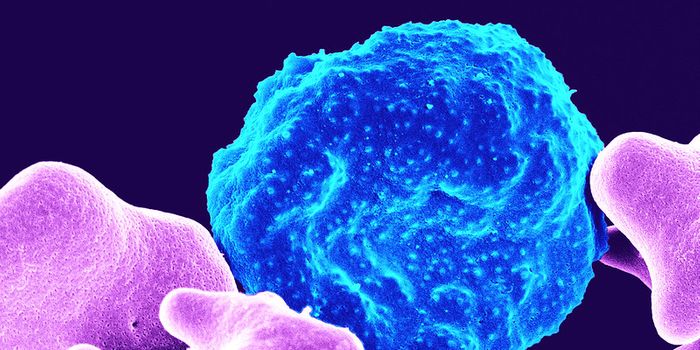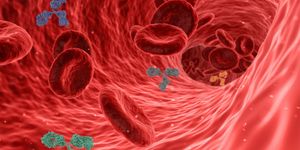Dual-Action Cancer Vaccine Targets Brain Tumors Directly
Scientists have developed a new, targeted strategy to eliminate brain tumors and prevent future recurrences of brain cancer. The treatment is a dual-action vaccine that utilizes cell therapy.
Cancer vaccines typically utilize inactivated tumor cells. This vaccine, developed by the lab of Khalid Shah, MS, PhD, at Brigham and Women’s Hospital, uses repurposed, living tumor cells. These living tumor cells are able to travel through the brain until they reach the site of other living tumor cells.
Corresponding author Khalid Shah, MS, PhD, says that “our team has pursued a simple idea: to take cancer cells and transform them into cancer killers and vaccines.”
Once the repurposed tumor cells reach the remaining brain tumor, they begin to release agents that will kill the cells that make up the brain tumor. The repurposed tumor cells have been engineered using CRISPR-Cas9 to release an agent that kills tumor cells along with an agent that allows the immune system to locate and tag the living tumor cells. This allows the immune system to develop a long-term anti-tumor response.
“Using gene engineering, we are repurposing cancer cells to develop a therapeutic that kills tumor cells and stimulates the immune system to both destroy primary tumors and prevent cancer,” says Shah.
The vaccine has already been tested in mice to target a mouse model of glioblastoma, a deadly brain cancer. The mouse model includes bone marrow, liver, and thymus cells derived from humans in order to mimic the human immune environment. In the mouse models, the dual-action therapy was shown to be safe, applicable, and efficacious.
“Our goal is to take an innovative but translatable approach so that we can develop a therapeutic, cancer-killing vaccine that ultimately will have a lasting impact in medicine,” adds Shah. The research group is hopeful that this therapeutic strategy could be an effective strategy for targeting other types of solid tumors as well.
Sources: Science Translational Medicine








